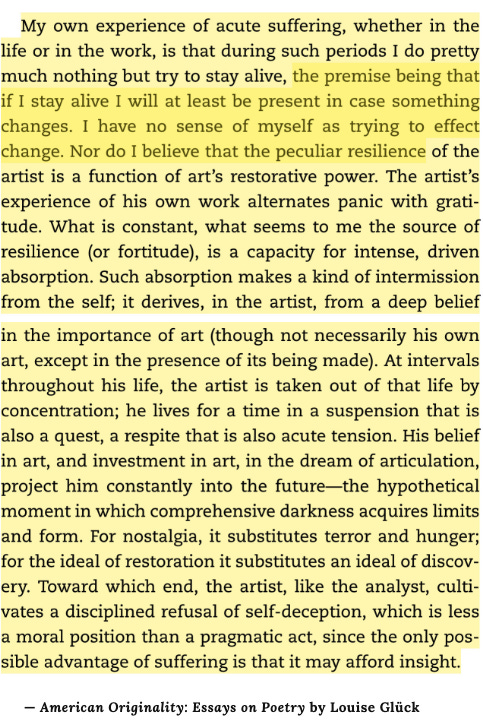Confirm Thy Soul In Self-Control
Kinds of Dhaaruni Lore™️
Dhaaruni did something she knew was a bad idea.
Dhaaruni did something she didn’t realize was a bad idea and went full *surprised Pikachu face* when she found out.
Dhaaruni almost died.
“Everyone is beautiful and no one is horny” vs. “Everything is pornographic and nothing is erotic”
Sarah Manguso wrote, “It isn’t so much that geniuses make it look easy; it’s that they make it look fast,” and I agree. For long as I can remember, people have told me I’m a genius (which I joke about myself by adding the ™️ to the word genius), but at the end of the day, I’ve never really believed that I’m especially logically or rhetorically gifted; I just think I’m a quick and well-read perfectionist with an excellent memory. I can justify myself as having earned my intellect if if it stems from working hard, from being disciplined and diligent and determined, but if I was simply born quicker and with a better memory than 99% of people, I can’t rationalize myself as deserving it. That being said, I’m even more uncomfortable with people praising me for my appearance than my intelligence.
I’ve been thinking lately about whether suffering brings about great art and/or intellectual productivity and I agree with Joseph Broder and Louise Glück that it categorically doesn’t. When I was younger, I desperately wanted to believe that the bad things that happened to me (which were admittedly often my own fault), meant something large and cosmic and tragic, but they never did, they just hurt, and I’m glad they’re well in the past. In the words of Joseph Brodsky:
It's an abominable fallacy that suffering makes for greater art. Suffering blinds, deafens, ruins, and often kills. Osip Mandelstam was a great poet before the revolution. So was Anna Akhmatova, so was Marina Tsvetaeva. They would have become what they became even if none of the historical events that befell Russia in this century had taken place: because they were gifted. Basically, talent doesn't need history.
Alternatively, in the words of Louise Glück:
3 semi-related points:
People commonly perceive Fiona Apple to be singing sad songs but the reality is that the emotion most prevalent in her music is anger, which people ignore because of her appearance. Not to be self-aggrandizing (again), but like Fiona, since I’m small and “boringly pretty,” I get underestimated and downright infantilized by others, particularly but not only men, when the reality is that I’m extremely intelligent, doggedly determined, and in a state of near-constant fury.
I realized the reason I loathe the Hades/Persephone mythos and the “death and the maiden” trope is because I’ve always strongly identified with simultaneously the maiden and with death. I quip that I’m a morbid version of Elle Woods (from Legally Blonde) but that’s honestly a very accurate description of me. I’m perky and colorful, and love romance novels and my golden retriever, but also kind of obsessed with death and my own mortality, and that’s just how it is.
All the “girl meets monster” stories are well and good like I’m glad women are writing out their fantasies of saving monstrous men (or whatever), but personally, I’ve always identified more with the monster than the ingénue, even back when I was still an ingénue. I wish there were more female monsters in fiction, and real women were permitted nuance without being instantaneously demonized, but even in 2022, people are still extremely uncomfortable conceptualizing women as forces to be reckoned with, especially when they’re the protagonists of their narratives. Incidentally, I think this may be why I’ve always found female villains fascinating: they’re not constrained by the shackles of narrative femininity.
My friends get me for real for real.
A while back, a guy I was talking to told me that it was cool with him that I was way smarter than him because he was a much better person than me, and then got mad at me when I wouldn’t go out with him.
If you’re keeping track:
Dhaaruni’s Feminism: Unsexy
Dhaaruni’s Atheism: YMMV
*English major voice* When I was 9, I decided Cassandra of Troy and I were kin because nobody ever believed us when we shared our opinions and pathologized us for daring to speak out, and 18 years later, I stand by this association. Conversely, in William Shakespeare’s Titus Andronicus, Lavinia being raped and having her throat ripped out is a metaphor for how women are metaphorically and literally shamed into silence for fear that they will tell the truth.
Finally, here is my starter pack. It was great fun to make and I’d recommend everybody make one.




